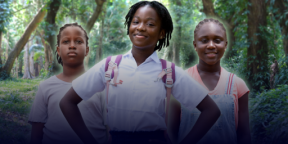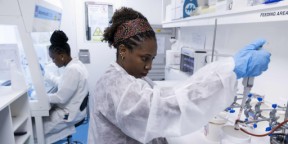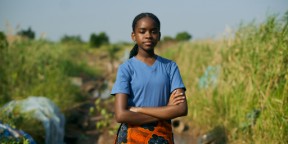Malaria vaccines one year on: 17 countries reached
The malaria vaccine rollout has reached 17 countries, covering 70% of the global malaria burden, marking a significant milestone in the fight against the disease. Launched just a year ago, the initiative is already saving lives and offering hope to millions in affected regions.
Since the first rollout in Cameroon on January 22, 2024, using the RTS,S vaccine, and the subsequent introduction of R21 in July, over 10.5 million doses have been delivered. With eight more countries set to join this year, projections suggest these vaccines will save tens of thousands of children’s lives annually when combined with other tools such as insecticide-treated bed nets and antimalarial medicines.
The advent of the two malaria vaccines was one of the great scientific achievements of the last decade. However, it is urgent for international funding agencies to accelerate their deployment and support the development of new, more effective vaccines.”
UK science has played a pivotal role in these advancements. The RTS,S vaccine was developed by GSK, and the R21 vaccine by the Jenner Institute at the University of Oxford. In 2023, the UK invested a record £5.5 million in malaria vaccine research, ranking third globally in funding. UK scientists are also pioneering ‘second-generation’ vaccines to enhance protection, targeting the malaria parasite at different stages.
Campaigners and scientists are now urging the UK government to maintain momentum by funding Gavi, The Vaccine Alliance, which is critical to delivering vaccines where they are most needed. This year, donor governments, including the UK, will replenish Gavi’s budgets for 2026-2030. Support for the Global Fund to Fight AIDS, Tuberculosis and Malaria is also vital to ensure access to comprehensive malaria prevention and treatment tools.
With malaria claiming hundreds of thousands of lives annually, 2025 will be a critical year to secure the funding and tools needed to bring an end to this devastating disease.
The development of not one but two malaria vaccines represents British science at its very best. But these vaccines alone are not a silver bullet. We need new ‘second-generation’ vaccines and innovative tools to work alongside them.






